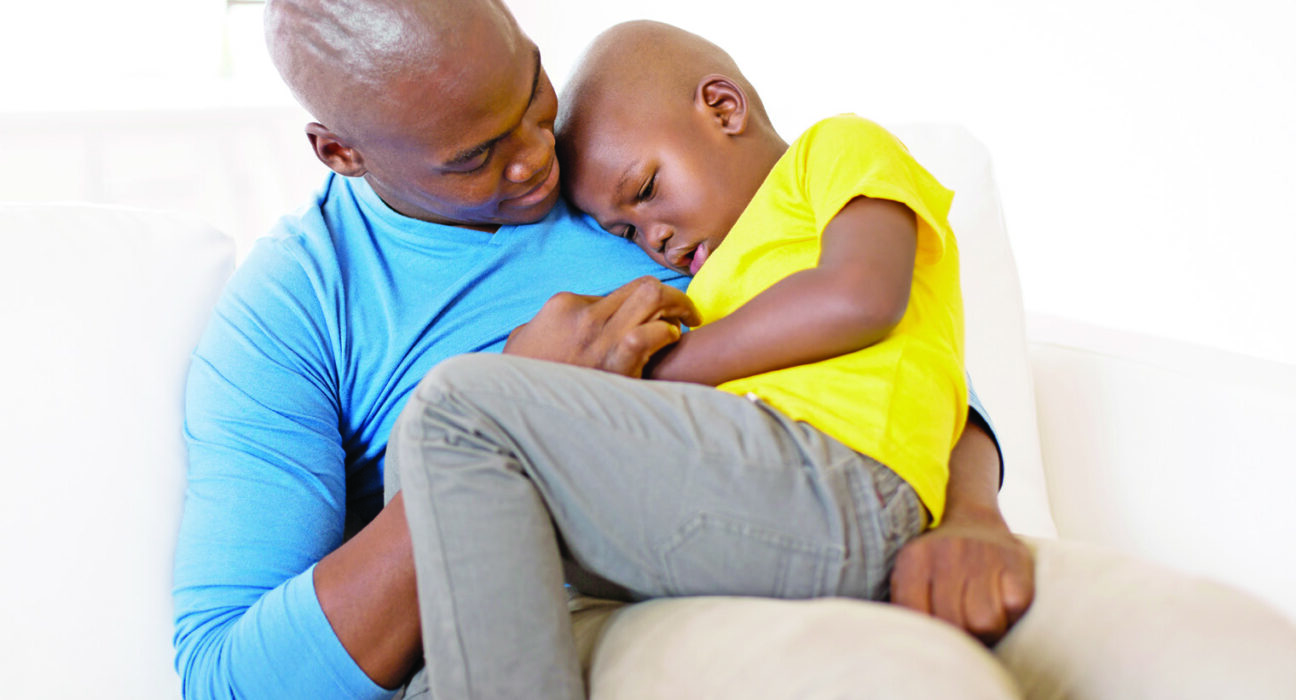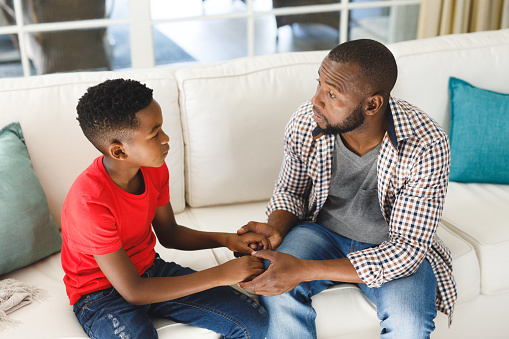By Bob Kisiki
I was hunched over my laptop when my son’s voice came from the other side of the door. “Excuse me daddy, may I come in?” I asked him to enter the bedroom where I was working.
When he opened the door, he rushed at me, fell on his knees and wound his wiry arms around me in a hug that was so unlike his usual “I love you, daddy” hugs. This one communicated something urgent; something personal.
I tightened my arms around him, an uncanny silence shrouding us. After about three minutes, he loosened his embrace and began tapping my back fondly. The tone of the hug had changed; something had let go. Eventually, he disengaged from me and stood up.
“I needed a hug; something was bothering me,” he offered, as he made to get out of the room.
“What was that?” I asked him as I pushed away the small stool on which the computer sat, to show him that he was the main issue at that moment.
At first he hesitated, calculating. Then he said, “It’s okay, I am fine now.”
It was my turn to ponder; to calculate. He saw me at it and spoke again.
“Don’t worry daddy, I spoke to mummy and she said I should just ignore; that it will pass.”
Now I was really determined to know what the matter was and I pressed that he opens up. I stretched out my hand and invited him back.
He stepped within a foot of where I sat, but didn’t return to me. He then began to talk, gigantic tears rolling from his Disney Princess-like eyes. The pain was overwhelming; the ensuing exorcism, as he got it off his chest, evident.
The issue lay with his relationship with one of the people we have at home, who seemed to have a problem with this boy. It bothered him because, he insists, he is always careful not to rub her the wrong way.
We sometimes get into circumstances where we bring other people into our homes. Relations. Friends. Domestic staff. While they are with us, they are no less of family than the traditional members.

They receive the same treatment, but what happens when they get into conflict with your family members, especially the children? See, it is your duty to protect your children and make them feel secure in the family.
Security for them is not only knowing that no robbers will break in or that no snake will slither into their bed; it is also knowing that someone cares about their emotional and mental stability.
However, you also need to know that the guest should not feel that you treat them differently. Unfortunately, they are bound to feel (and later say) this, unless you handle them with lots of tact.
Without making them think that they are above the law just by being guests, you need to set rules that guide relationships in the house, so that people understand the need to respect others, to share everything equitably and to be considerate of others.
When such rules are spelled out in such a way that they envelope everyone, nobody will feel bigger than the rest and nobody will feel subjugated against.
The writer is a parenting counsellor and a professional teacher.









Leave feedback about this